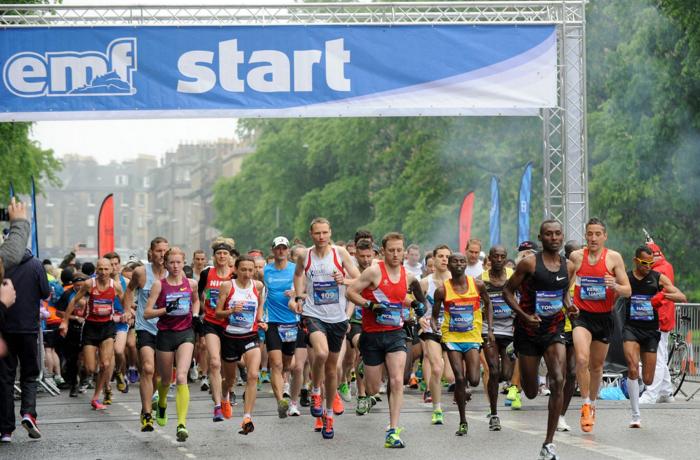Running is arguably the most accessible form of exercise — no fancy equipment, no gym membership, just a good pair of shoes and the open road. At the Osteopaths we routinely see dozens of runners who are starting their running journey. It’s not only an effective way to stay fit but also a powerful tool for strengthening both the body and mind. Among the most ambitious goals for a runner is the marathon: a 26.2-mile test of endurance, determination, and resilience. Every year, people from all walks of life dedicate months to training with the dream of crossing that finish line. Beyond personal achievement, marathons foster a deep sense of community, discipline, and personal growth.
Whether your goal is competition, health, or self-discovery, running a marathon is often a life-changing experience. Careful guided preparation and conditioning to assess strengths and weaknesses can often be a useful tool to avoid injury and help get the best from your body.
The Injury Roadblock: Overuse and Imbalance
Unfortunately, one of the biggest barriers to consistent training is injury — particularly overuse injuries. These are the most common musculoskeletal issues runners face, affecting both casual and experienced athletes. In fact, nearly 60% of runners experience running-related pain each year.
Most of these injuries impact the lower limbs, and they often stem from muscle imbalances — especially weakness in the hip abductors and external rotators. These muscle deficiencies can disrupt proper movement patterns and lead to altered biomechanics, increasing the risk of injury over time.
The knee, in particular, is a frequent trouble spot. It accounts for about 20% of all running injuries — an even higher percentage among novice runners. One of the most common conditions is patellofemoral pain syndrome (PFPS). This occurs when muscle imbalances, especially in the quadriceps and hip abductors, cause excessive femoral adduction. This leads to a “valgus” knee position, where the knee collapses inward. This faulty alignment increases pressure on the patella, often resulting in persistent pain.
Other contributing factors include weak hip extensors, poor core stability, and inefficient lower limb control. Combined with the repetitive nature of running, unpredictable surfaces, and dynamic movements (like pivoting or sudden pace changes), these issues make runners particularly prone to overuse injuries.
The Role of Biomechanical Assessment
Given these risks, a thorough biomechanical evaluation can be an essential step in preventing injury. Identifying movement dysfunctions early allows runners to address muscle imbalances before they become a problem. This is where targeted strengthening — especially of the hip and core — becomes critical.
Clinical Pilates: A Smart Solution for Runners
Clinical Pilates at The Osteopaths offers a dynamic, functional approach to injury prevention and performance enhancement. Unlike traditional strength training, Clinical Pilates focuses on controlled, precise movement patterns that improve muscular balance, flexibility, posture, and core stability — all crucial elements for runners.
What sets Clinical Pilates apart is its emphasis on initiating movement from a strong and stable core. This foundation helps correct the very muscle imbalances that contribute to knee valgus and patellofemoral pain. By improving lower limb alignment and motor control, runners can reduce injury risk and enhance recovery from existing issues.
A Performance Booster, Too
But Clinical Pilates isn’t just for injury prevention — it can also help runners improve their performance. By developing better core and lower limb activation, Pilates can enhance running efficiency, reduce energy expenditure, and support faster recovery. For both novice and seasoned runners, this means better endurance, more sustainable training, and improved outcomes across distances — from a 5K to a full marathon.
If you’d like to find out more about how a clinical Pilates might help you, or you would like to sign up to one of our programmes feel free to visit our website, www.theosteopaths.org.uk, or ring 0141 8873734 to speak to our reception team.






